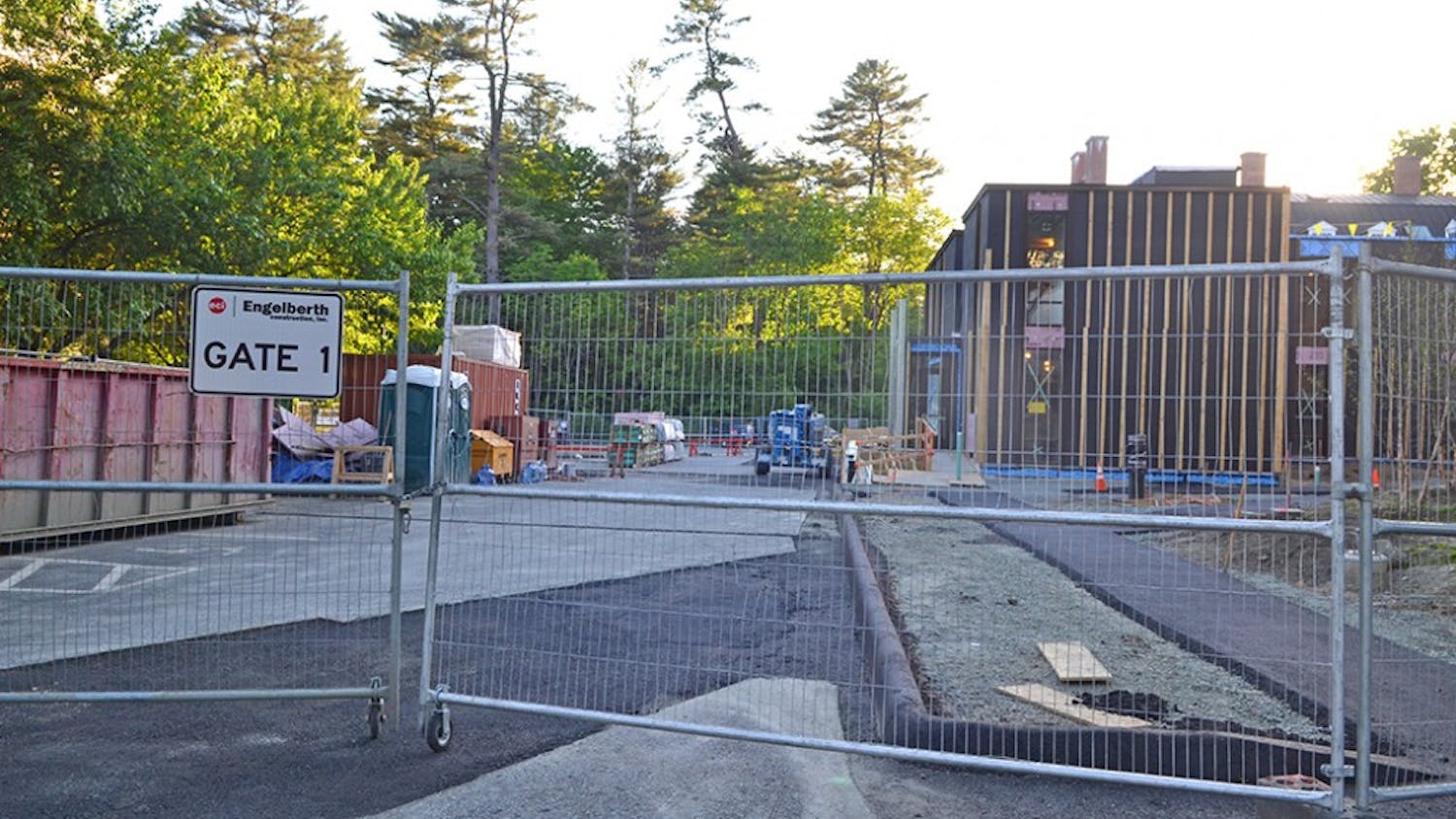Campus is abuzz with talk of Dartmouth’s new residential access policy. Students have discussed the absurdity and uselessness of the decision, while bemoaning its consequences. The exclusivity of the Cube, the now everyday nuisance of letting a friend in to a dorm, the ludicrous “solution” to end racism and the continued failure of the House system have been amply talked about among the community. But what about safety, the essence of the policy?
The College characterized the decision as a security measure. I find it difficult to believe the administration did much thinking about safety before making this call. It is horrendously ironic. If this policy had been in place a year ago, it would exacerbate the danger in a critical situation.
Almost a year ago, on Nov. 2, Hanover police responded to a drive-by shooting of a 19-year-old non-Dartmouth student at around 9:45 p.m. that evening. More than 30 minutes after the incident, the College issued a “shelter in place” alert which remained until 12:35 a.m.
Amid flurries of texts and hours spent listening to police reports, panic was spread out of proportion before accounts were confirmed the next morning. The victim was in stable condition, and despite multiple reports for various gunshots, just one was confirmed. The College’s handling of the situation caused more chaos and fear than already innate to the situation. There was a delay in alerts causing widespread confusion. The response on the part of the administration gave many the impression the College was not doing an adequate job of protecting their students. Imagine that same situation now, but with the new house restriction policy.
Fortunately, I was already in my dorm, in the appropriate “House,” when I received lockdown alerts. If that occurred this year, the consequences of the access policy would be students not able to take shelter from an active shooter because nearby buildings were not assigned to their House. People would be unable to access the closest residence hall because it happened be School House, instead of Allen. The peril of such a scenario is palpable.
Safety and Security may be able to reverse the access restrictions in an emergency. However, that action is dependent upon verification of an emergency, which takes time. In conjunction with the time spent to reprogram access, students could be stranded outside during that waiting period and susceptible to whatever harm is imminent. There are other reasons why students might have an immediate safety concern that wouldn’t impact the entire campus like an active shooter, but would necessitate their access to the closest building. With the current card access policy, those students would remain in whatever danger is about to befall them.
Many current Dartmouth students spent years participating in active-shooter drills at high and elementary schools. While those drills were chilling on many fronts, at least we had somewhere to go to seek safety. Under the new, misguided housing access policy, if the unfortunate event did reoccur, many students may well be left with nowhere to go.
It is now more pivotal than ever that Dartmouth listens to students’ voices for risk of losing credence all together. The student and university relationship is fundamentally a mutual one — without faith in one another, both will suffer. The administration needs to stop using the stalking horse of “security” to conceal its continued House system agenda. It is due time to reverse a policy that does the exact opposite of what it claims — that increases danger and divides us further.


